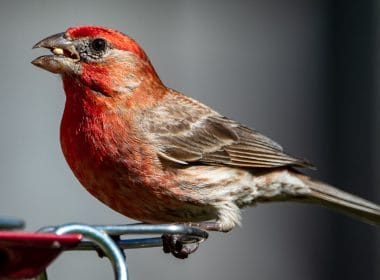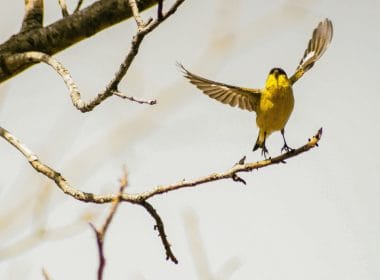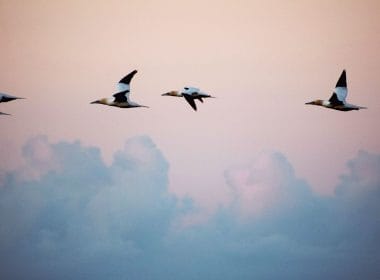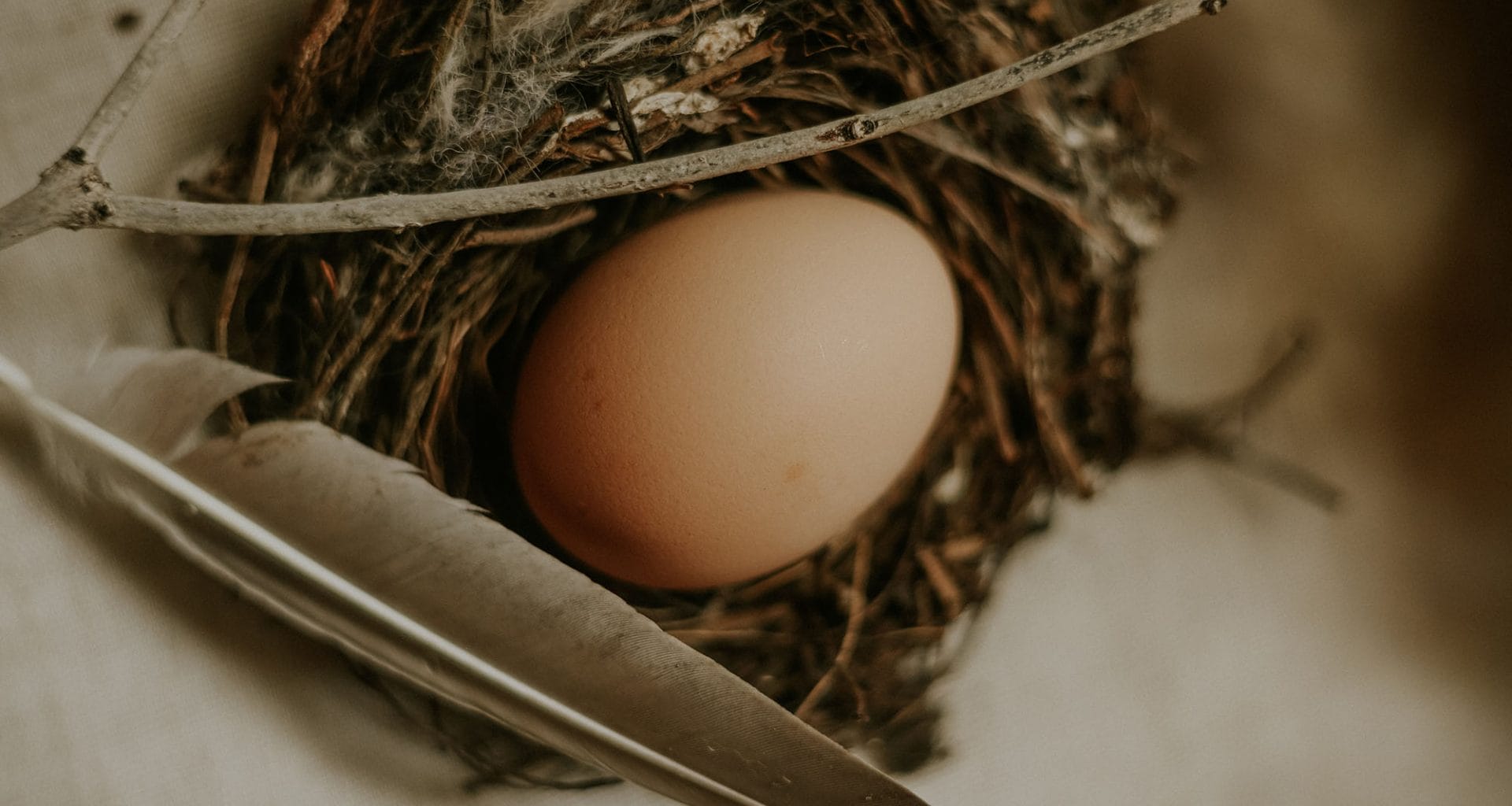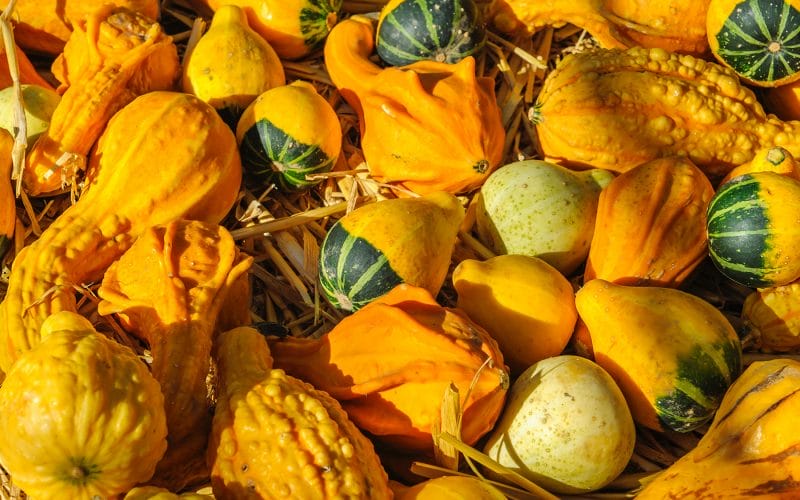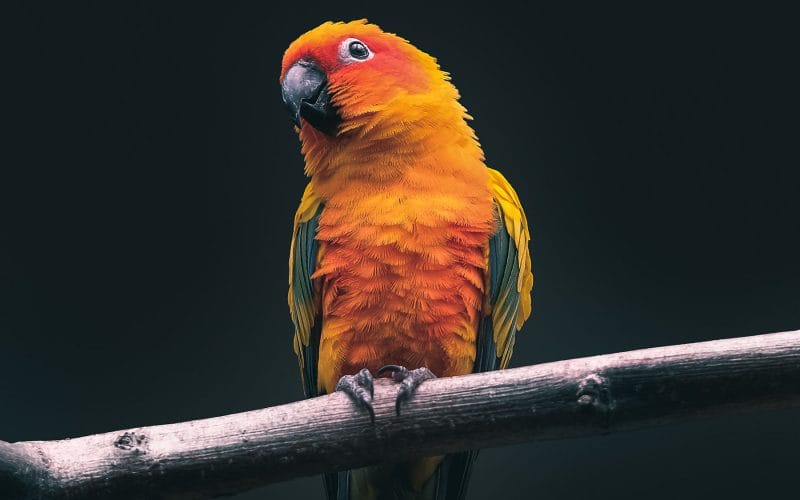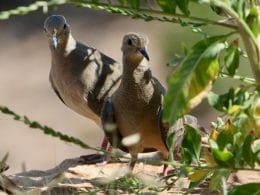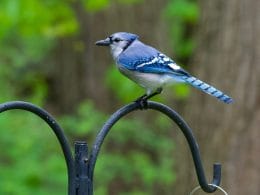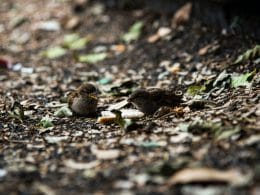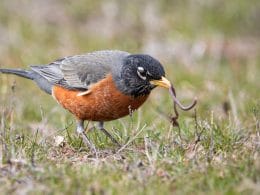Having many species of birds in your garden can provide infinite entertainment, from chirping in the morning to watching them tend to their babies. If you found some bird eggs in your yard, you may be wondering how long does it take for a bird egg to hatch?
Generally, smaller birds can take between ten and fourteen days for the eggs to hatch, while larger birds can take from three weeks to a month. There are a few exceptions, but for the majority of birds, this is the incubation period.
Although the typical incubation period varies across different bird species, a necessary generalization can be made. As already mentioned, the smaller birds, the songbirds, in particular, can take between a week and a half and two weeks for incubation. The same amount of time is taken for the bird to grow into a fledgling. The larger birds can take significantly longer, and the same amount of time it takes for incubation can be allocated for the baby bird to grow into fledging.
Let’s dive a little deeper into how long it takes for a bird egg to hatch.
What is the Fledgling Stage?

When a bird egg finally hatches, the bird enters the nestling stage. It is in a vulnerable stage of its life. The nestling stage is generally defined as the stage between hatching and being able to take flight. Therefore, only flying birds have a fledgling stage of their life.
Author Note: Although birds are most commonly associated with the fledgling stage, it is interesting to note that bats also develop with a fledgling stage. Altricial birds have nestling and fledging stages that are the same amount of time.
An altricial animal is all those, including birds, who are born without the ability to care for themselves. This immature state requires that the parents, or the mother, care for the animals until they are able to care for themselves. Most birds are altricial animals and require a safe nest and the care of the parent birds before they are able to care for themselves.
Some birds are born in a precocial state, which means they are able to take care of themselves to some degree. An example of this are shorebirds that nest in a scrape on the beach. Chicks are up and running about within a couple of hours of hatching. This is because the nest offers no security for them.
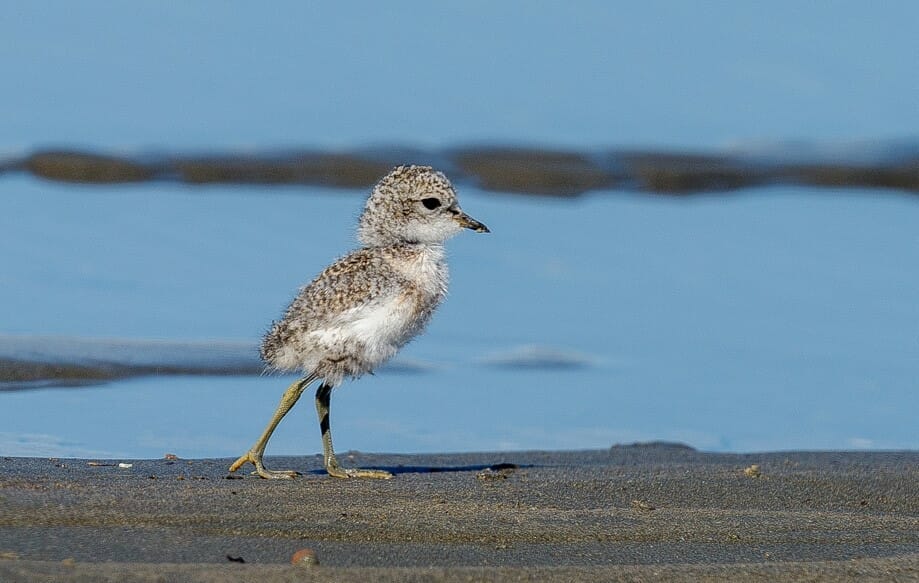
Which Bird Has the Shortest Incubation Period?
There is no world record of incredibly short incubation periods. Most small birds incubate their eggs for between 10 and 14 birds. An example of this is the Yellow Warbler at 11 days.
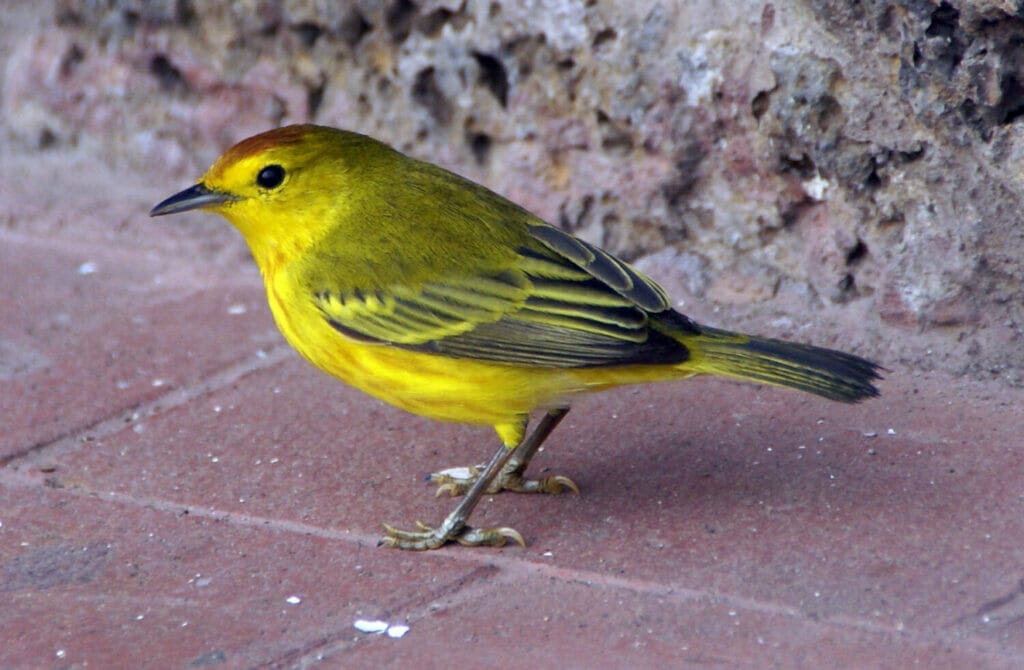
Which Bird has the Longest Incubation Period?
The Wandering Albatross has the most prolonged incubation period of any bird, which can last up to a staggering 78 – 80 days. This is by far the longest period for bird eggs to hatch. This, however, is considered to be an interrupted incubation period.
The Wandering Albatross
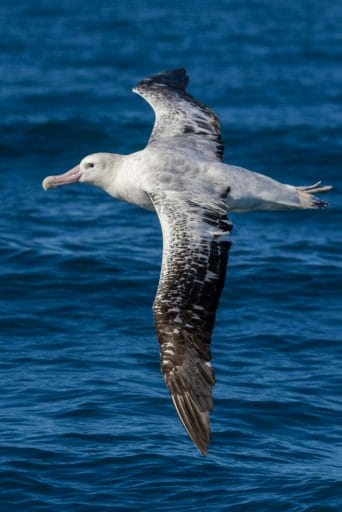
While the Wandering Albatross holds the record for the longest incubation period, it is also known for another record holding characteristic; its wingspan. The Wandering Albatross is named after Diomedes and has the largest recorded wingspan of all the birds. It is a sight to behold and is one of the most graceful gliders to watch in action.
The Wandering Albatross can reach a bodyweight of up to 12 kg, which is a hefty weight for a bird. It has vulnerable conservation status, and its natural habitat and location span all oceans except the North Atlantic. With its large wingspan, it is no surprise that the Wandering Albatross can reach a flying speed of up to 40km. These massive birds spend most of their lives in flight, and they can live a long life that spans 50 years.
These are among some of the most unique and sought after birds in the birding community, and regular cruises can be found that traverse the Antarctic region to view these large birds. It is interesting to note that the Wandering Albatross only reaches sexual maturity at around 11 years of age.
Their record for the largest wingspan is impressive, with their outstretched wings reaching approximately three and a half meters.
What Does a Bird Egg Consist Of?
Bird eggs consist of a protective eggshell, albumen, which is the egg white, and vitellus, which is the egg yolk. These are contained within various thin membranes. Depending on the make-up of the egg, some types of bird egg take longer than others to hatch.
The protective eggshell is made up almost entirely of calcium carbonate (CaCO3) crystals. It is a semi-permeable membrane, which means that moisture can pass through its pores.
The albumen (egg white) consists primarily of about ninety percent water into which about ten percent proteins (including albumins, mucoproteins, and globulins) are dissolved. Egg white contains almost no fat, and carbohydrate content is less than one percent.
Author Note: The Vitellus (Egg yolks) are partly made up of keratin (a protein found in human hair.)The yolk contains less water than the white, some fat, and most of the egg’s vitamins and minerals.
The Beauty of the Bird Egg
Although many animals lay eggs, the bird is the only animal to lay eggs of such intrinsic beauty. While that may be a subjective statement, it is undeniable that eggs from birds are some of the most diverse and beautiful eggs in the animal kingdom.
From satisfying shades of colors to intricate designs and patterns, birds’ eggs could be considered the hidden jewels of the natural world. Some eggs are shiny, others matte, and some are spotted with others shaded. Some birds’ eggs even look like they have been inscribed with Sanskrit and others with geometric patterns.
But what does the coloring and pattern of a bird’s egg tell us? Everything in nature is on purpose and has a meaning. The pigmentation of an egg is no different.
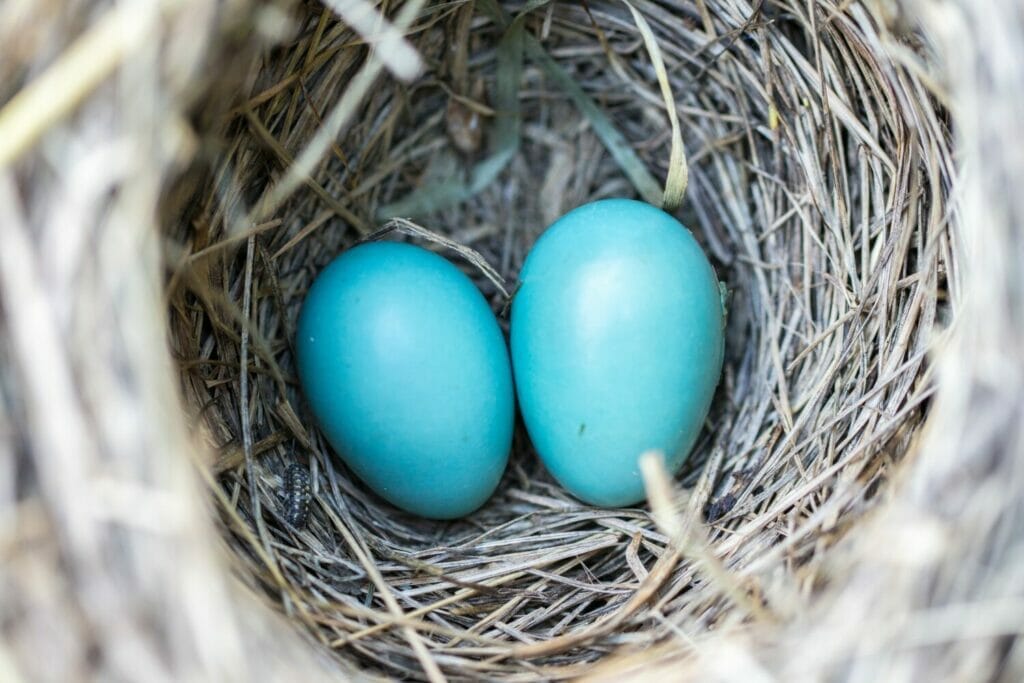
While there may be a variety of patterns and colors, the palette of colors is minimal. The pigments themselves are versatile and are made up of molecules that become synthesized by the shell gland. But despite the variety of colors and patterns, there are only two pigments that work together to create this incredible variety.
The first is Protoporphyrin. This pigment allows for the production of rusty colors, from reds to browns. The second is Biliverdin. This pigment encourages more greens and blue shades. More of one pigment will create more of that particular hue.
And so it is for the other pigments. And it works in much the same way that an artist will mix paints to produce a wide variety of shades. The ebb and flow of these two pigments can create a vast array of patterns, colors, and combinations.
Do Birds Leave Their Eggs Unattended?
Birds do leave their eggs unattended while waiting for them to hatch. Whether they leave periodically due to the need to feed or perhaps have been scared off by a potential threat, they will always return to resume incubating, unless, of course, they were killed while out.
Some adult birds may intentionally stay away from the nests for long periods before incubation so that they do not draw attention to the nest’s location. Eggs can be viable for up to two weeks before the adult needs to start incubating them.
There are also occasions when a nest might become infested with flies, termites, or ants. The parent might decide that the insects would reduce the chance of survival should any of the young hatch, that it is not worth investing the energy to continue to incubate the eggs.
What Time of Year Do Birds Hatch Their Eggs?
Birds lay and hatch their eggs at different times of the year. Some birds lay in spring, some in high summer, late winter, or even all year round.
Several factors affect when wild birds lay their eggs. The date of laying and clutch size is related to the bird’s fitness. Females that breed early in a season rely on abundant territory food and mates with stronger sexual signals. When food is scarce, laying intervals lengthen.
Birds who begin breeding early in a season have higher reproductive success compared to those who may breed later. For those birds who choose to lay a second clutch of eggs later in the season, stressors such as molting and winter preparation prove challenging. Late fledglings face greater risk from predation and declining food sources.
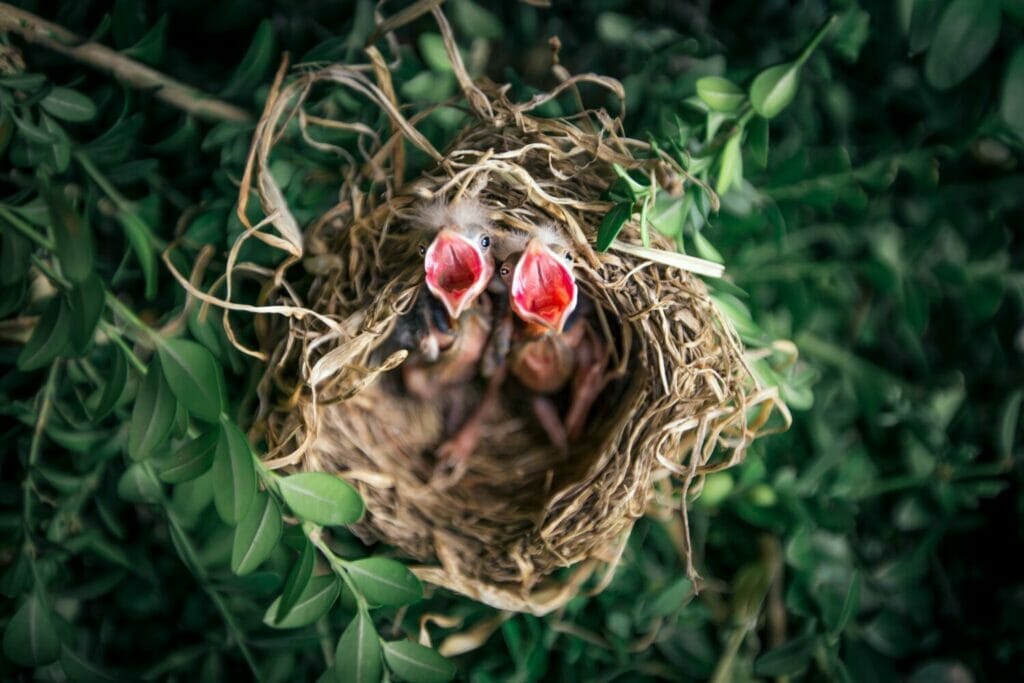
How Do You Know if a Bird Egg is Alive?
Touch the egg with the back of your hand. If it is warm, then the egg should be alive. Inspect the egg’s shell. It should not have any cracks or flaws in it if the egg is still alive.
Author Note: If you find a bird’s egg that will still hatch, there are a few ways to ensure the baby bird can have a fighting chance.
Firstly, you’ll want to find out what bird it is. You can do this by using the egg’s colors and markings to characterize the type of bird. Secondly, you’ll want to create an environment for that specific egg to enhance survival chances.
The best way to do this is to discover what type of nest the egg may have fallen from. By creating and mimicking the nest, you can encourage the egg’s successful hatching and then the baby bird’s survival.
Take care not to interfere too much with Mother Nature, but if you do discover an egg, there are various ways to care for it so that the bird might return to nature. Always respect the laws that seem to govern nature and see if there is a nest nearby where the egg may have come from.
Parting Thoughts
We hope you found this article on how long it takes for a bird egg to hatch useful and informative. Find some abandoned eggs in your garden? We recommend leaving them alone as the mother will most likely come back at a later time. It’s usually best to let mother nature tend to itself.
Fly high friends!
FAQ
The main thing is to not touch the egg. Leave it and check on it for a few days. If there is no activity from adult birds around the nest then it could be abandoned. However, even if you suspect an egg is abandoned there is no need to touch it. Always leave unattended eggs alone.
Yes, they do. The female will communicate with the eggs making clicking or chucking noises. This encourages them to hatch when it is time.
Some birds will abandon the nest if there are unhatched eggs. Other birds, like Bluebirds, will discard the nest and simply make another nest on top of it, eggs and all. They are capable of doing this several times.
